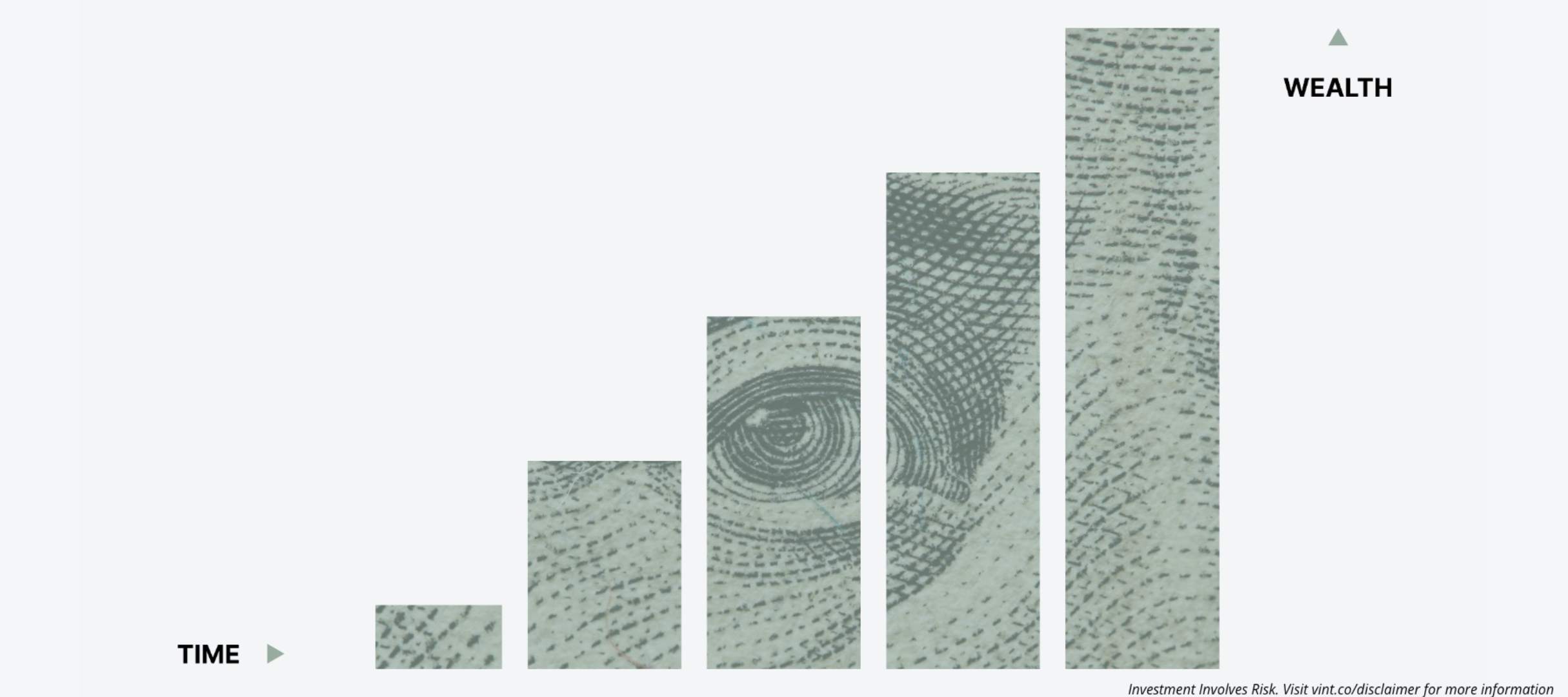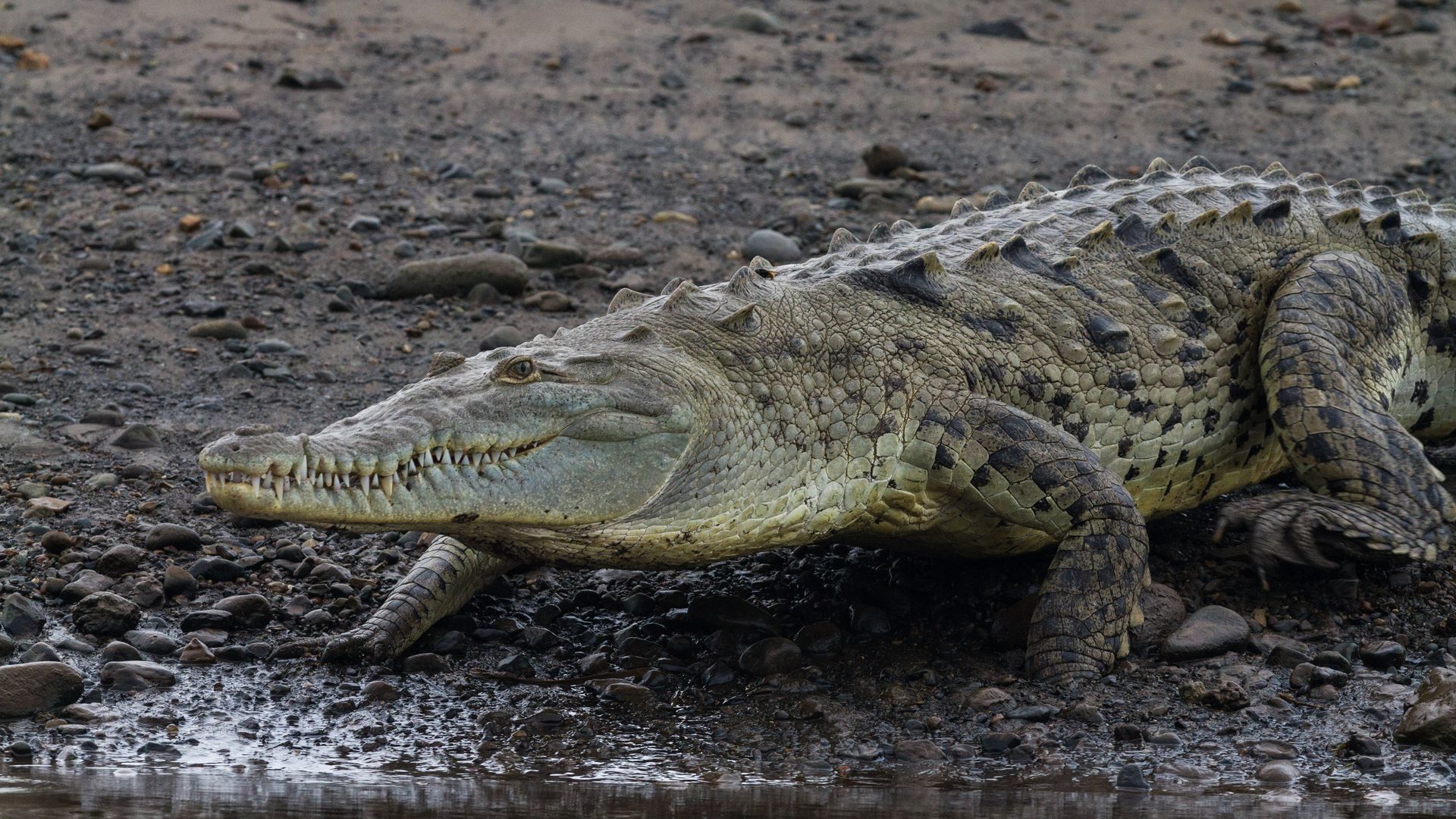| | | | | | | Presented By Vint | | | | Axios Science | | By Alison Snyder · Jun 08, 2023 | | Thanks for reading Axios Science. This edition is 1,762 words, about a 7-minute read. | | | | | | 1 big thing: Moral decline may be an illusion |  | | | Illustration: Aïda Amer/Axios | | | | People around the world say kindness, respect, and honesty are declining but that may be a cognitive illusion, researchers reported this week. Why it matters: People's beliefs guide policy and how resources are allocated. Driving the news: Survey data from 60 countries shows most people around the world believe morality is declining — and they've thought that for at least 70 years, according to new research published this week in the journal Nature. - The study — by Adam Mastroianni, a postdoctoral research scholar at Columbia Business School and author of Experimental History, and Harvard psychologist Daniel Gilbert — focuses on "everyday morality:" the kindness, respect, and honesty that most people agree are a reflection of morality.
- The researchers also surveyed people in January 2020 and asked them to compare whether people were "kind, honest, nice, and good" in 2020, 2010, and 2000, as well as at various times in the past, including when they turned 20 years old and the year they were born.
- The belief that morality declined was seen across race, gender, age, education, and political leaning. (The decline was perceived to be greater between some groups — for example, conservatives said there was more decline compared to liberals.)
The researchers then compared surveys taken over time that asked respondents to rate the morality of people in the present time. The 107 surveys of more than 4.4 million people were done between 1965 and 2020, and participants were asked at least twice and at least 10 years apart. - "If, as people all over the world claim, morality has been declining steadily and precipitously for decades, then people's reports of current morality should also have declined over the years," they write.
- But they didn't.
- That suggests the perception of moral decline is an illusion, the researchers argue. (Mastroianni notes that just because morality is not worse, it doesn't mean it is good, and wars, climate change, racial injustices, and massive inequality remain.)
How it works: There are likely many ways the illusion is created, Mastroianni says. - One possibility is it arises from the combination of two psychological phenomena: our tendency to pay more attention to negative than positive moral information and for our negative memories to tend to fade faster than positive ones.
What they're saying: The findings are a "powerful demonstration of this illusion," offers Richard Eibach, a professor of psychology at the University of Waterloo. - There are limitations to the study: the authors note that some of the surveys ask about perceptions of moral values without defining it or are vague about the time in the past people were asked to compare to the present.
The big picture: The finding echoes other studies that converge on people tending to be pessimistic about the present compared to the past. For example, researchers have found parents say the world has become more dangerous — usually starting right around when their first child was born. - In a recent survey, most respondents who were asked about trends over the past 20 years, such as the percentage of people living in poverty or average wages, said they'd gotten worse. But they hadn't.
The intrigue: When people were asked about the morality of people close to them or who lived before they were born and they didn't know, "the perception of moral decline was attenuated, eliminated or reversed," Mastroianni and Gilbert write. - There are also areas where people perceive progress — with accuracy or even over-optimism, says Greg Mitchell, a law professor at the University of Virginia, pointing to work by Yale psychologist Jennifer Richeson that finds Americans overestimate progress in racial economic equality.
"A nice moral to come away with from this story is when we find ourselves getting caught up in a drama of 'Oh, things are so bad today,' we should think about the people we actually know and encounter in our lives," Eibach says. - It may be people's behavior "isn't all that bad, or all that worse than it was in the past. That for me is a very heartening message."
|     | | | | | | 2. AI speeds computer code building blocks |  | | | Illustration: Maura Losch/Axios | | | | New AI-generated algorithms can find novel ways to perform fundamental computing tasks — like sorting data up to 70% faster than existing human-written code. Why it matters: As computer chips approach their physical limits, computer scientists are searching for ways to optimize computer code to speed up computing. - "We need to find new and innovative ways to optimize the computing stack on which all systems are run," says Daniel Mankowitz, a researcher with Google DeepMind and co-author of a paper published this week in Nature describing the work.
How it works: DeepMind's AlphaDev — a version of the AI system AlphaGo that plays Go, poker, and other games — generated code for sorting three, or five numbers by their size. Those algorithms are used for sorting longer lists, a fundamental operation in computing. - AlphaDev writes code similar to how AlphaGo plays games — each move is the addition of an instruction to the algorithm.
- It then checks the output — sorted numbers — and is rewarded for correctly completing the task and how quickly it performs the function. The AI system learns from that reinforcement to build more efficient code.
Details: AlphaDev couldn't come up with a better code for sorting four elements — "it looks to be optimal," Mankowitz says — but it generated a code that knocked one instruction off the existing algorithm for sorting three numbers. - Its codes for sorting five numbers required 42 and 43 instructions versus 46 for existing human-developed code, making it up to 70% faster than the fastest existing algorithm for the task.
- The algorithms were about 1.7% faster for lists of more than 250,000 numbers.
But, but, but... "The programs that can be optimized by their system are still relatively small," MIT computer science professor Armando Solar-Lezama wrote in an accompanying article. - The system also uses only a subset of possible instructions and because it learns by considering at each turn all the possible outcomes of its move — and subsequent moves — it starts to learn more slowly when it reaches 297 instructions, MIT Tech Review's Will Douglas Heaven notes.
Where it stands: The code has been entered into the C++ library — the first change to the language's sorting algorithms in more than a decade. - AlphaDev also generated faster hashing algorithms, which are used to retrieve and store information, that were also added to an open-source programming database.
- DeepMind estimates that the sorting and hashing algorithms are now being used trillions of times each day.
Go deeper |     | | | | | | 3. El Niño is officially back |  Data: NOAA. Chart: Erin Davis/Axios Visuals El Niño, the ocean and atmosphere cycle in the tropical Pacific that can supercharge global extreme weather events, is officially back after about a four-year hiatus, NOAA announced Thursday morning, Axios' Andrew Freedman reports. Why it matters: El Niño holds large sway over global weather patterns. It is likely to increase average global surface temperatures, leading to an all-time record warm year in 2023 or 2024, surpassing the El Niño year of 2016. - El Niño will also contribute to heat waves, droughts, floods, and other weather extremes, which already are worsening from human-caused climate change.
- It is influencing the North Atlantic hurricane season, making for an especially uncertain outlook.
Zoom in: El Niño events are characterized by unusually warm sea surface temperatures in the equatorial tropical Pacific, particularly across the Central and Eastern Pacific. - NOAA's advisory this morning indicates that both ocean temperatures and atmospheric conditions are sufficient for an El Niño to be declared.
- During an El Niño, the ocean conditions in turn drive atmospheric responses. These include a reversal of the typical tradewinds across the ocean basin and shifts, where heavy tropical downpours tend to develop near the equator.
The intrigue: Some climate scientists and meteorologists told Axios they are looking toward the coming months to a year or more with trepidation and curiosity, given that the oceans already are record-warm going into the event, and are now likely to get even warmer. - "The global oceans are very warm right now and I'm afraid that this is putting us into territory that we don't have much experience with," Michelle L'Heureux, chief of Climate Prediction Center's El Niño-Southern Oscillation team, said in an interview.
- And on land, scorching heat waves have struck large swaths of Asia this spring, while Canada is amid what is likely to be its worst wildfire season on record.
- Fires burning in Quebec turned the skies in New York City a bright, otherworldly orange on Wednesday.
- Given that El Niño years tend to yield global temperature milestones and are associated with notable extreme weather and climate events, L'Heureux said this event could provide a preview of what our typical climate will look like in a decade or two as warming continues.
- "It is a little bit nerve-wracking," she said.
Read the entire story. |     | | | | | | A message from Vint | | An asset class that gets better with age | | |  | | | | According to a CAIS report, 88% of financial advisors surveyed plan to increase their allocation to alternatives over the next two years. What you're missing: Alternative assets provide diversification and exposure to less volatile assets. Explore alt assets like wine on Vint.co. | | | | | | 4. Worthy of your time | | Taurine slows aging in mice. Will it ever work for people? (Laura Sanders — Science News) Sci-fi writer Ted Chiang: 'The machines we have now are not conscious" (Madhumita Murgia — FT, subscription) Inside the quest to engineer climate-saving "super trees" (Boyce Upholt — MIT Tech Review) In a geologic triumph, scientists drill a window into Earth's mantle (Carolyn Johnson — Washington Post, subscription) |     | | | | | | 5. Something wondrous |  | | | American crocodile. Photo: Jon G. Fuller/VW Pics/Universal Images Group via Getty Images | | | | Scientists have discovered the first known case of parthenogenesis, or "virgin birth," in a crocodile. The big picture: The discovery "offers tantalizing insights" into the possibility that dinosaurs — extinct relatives of birds and crocodiles — could have also made themselves pregnant, scientists wrote this week. Details: Parthenogenesis is a process in which an embryo develops from an unfertilized egg. It's been documented in birds, snakes, lizards, and now crocodiles. - An 18-year-old female American crocodile (Crocodylus acutus) laid 14 eggs at a reptile park in Costa Rica, where it had been isolated from other crocodiles for 16 years.
- Seven of the eggs were artificially incubated but failed to hatch. One contained a fully formed but stillborn fetus that was found to be more than 99.9% genetically identical to the mother, researchers reported this week in the journal Biology Letters.
- Parthenogenesis in crocodiles likely happens when a cell called a polar body, which forms while eggs mature, combines with an egg and creates a cell with a complete set of chromosomes.
The intrigue: The process appears to happen the same way in birds, snakes, and lizards, suggesting it was a trait of their common ancestor 267 million years ago, according to the authors. - Crocodiles later split from other reptiles, which were ancestors of dinosaurs and pterosaurs, so the researchers speculate they too might have been able to reproduce in the same way.
|     | | | | | | A message from Vint | | Investors turn to fine wine and rare spirits for diversification | | |  | | | | With the only certainty in the market being uncertainty, investors are looking to diversify their portfolios with low-correlation assets. What you need to know: Vint makes it possible to invest in investment-grade fine wine and rare spirits. Explore alternative assets like wine with Vint. | | | | Big thanks to editor Laurin-Whitney Gottbrath, visuals editor Aïda Amer, and copy editor Patricia Guadalupe. |  | | Are you a fan of this email format? Your essential communications — to staff, clients and other stakeholders — can have the same style. Axios HQ, a powerful platform, will help you do it. | | | | | | Axios thanks our partners for supporting our newsletters.
Sponsorship has no influence on editorial content. Axios, 3100 Clarendon Blvd, Arlington VA 22201 | | | You received this email because you signed up for newsletters from Axios.
To stop receiving this newsletter, unsubscribe or manage your email preferences. | | | Was this email forwarded to you?
Sign up now to get Axios in your inbox. | | | | Follow Axios on social media:    | | | | | |
No comments